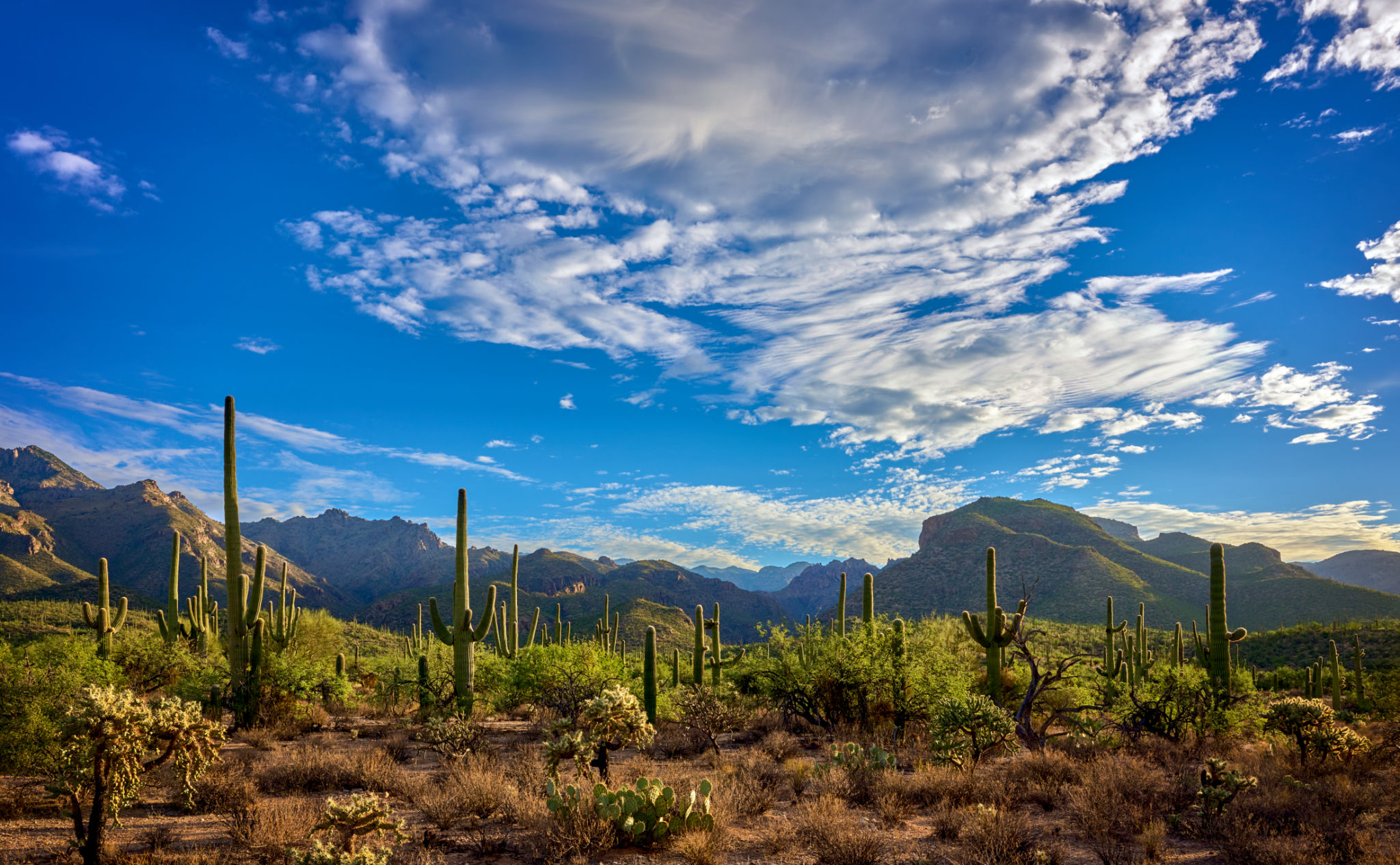The Impact of Arizona’s Climate on Plumbing Systems: What You Need to Know
Understanding Arizona’s Unique Climate
Arizona is renowned for its arid climate, characterized by hot summers and mild winters. While this weather is a draw for many residents and tourists, it poses unique challenges for plumbing systems. The high temperatures and low humidity can lead to specific wear and tear on plumbing infrastructure, necessitating specialized maintenance and care.

Effects of Extreme Heat on Plumbing
Extreme heat can cause significant stress on pipes, particularly those made from plastic or older materials. The intense sun can lead to the expansion of materials, resulting in cracks or leaks. Homeowners often find that water pressure issues arise during the hottest months, stemming from heat-induced damage to outdoor plumbing components.
Managing Pipe Expansion
To mitigate the effects of pipe expansion due to heat, it's essential to regularly inspect your plumbing system for signs of stress. Consider investing in high-quality materials designed to withstand temperature fluctuations and ensure proper insulation for pipes exposed to direct sunlight. This proactive approach can prevent costly repairs in the future.

The Role of Low Humidity
Arizona's low humidity levels can also impact plumbing systems. As moisture evaporates quickly, it can lead to dryness in the air and soil, which affects both indoor and outdoor plumbing. Without sufficient moisture, seals and gaskets may become brittle and crack, leading to potential leaks.
Ensuring Proper Hydration for Your System
Regular maintenance checks should include assessing the condition of seals and gaskets. Replacing these components before they fail can prevent water damage and maintain efficient water flow throughout your home. Additionally, using humidifiers indoors can help maintain an ideal level of moisture that benefits both your plumbing and overall home environment.

Seasonal Changes and Their Impact
Though Arizona has mild winters, temperature changes between seasons can still impact plumbing. Colder temperatures can cause pipes to contract, which might lead to additional stress if they have already expanded during the summer. This push-pull effect can cause significant damage over time.
Preparing for Seasonal Transitions
To protect your plumbing system, it’s wise to conduct seasonal inspections. Ensure that pipes are well-insulated during colder months to prevent any damage from potential freezing. This is especially important for homes in higher elevation areas where temperatures can drop significantly during the winter.
Conclusion: Proactive Care is Key
In conclusion, the impact of Arizona’s climate on plumbing systems cannot be underestimated. By understanding the challenges posed by extreme heat and low humidity, homeowners can take proactive steps to safeguard their plumbing infrastructure. Regular inspections, quality materials, and proper insulation are essential strategies for maintaining a reliable system in this unique environment. Stay ahead of potential issues to enjoy a hassle-free plumbing system year-round.